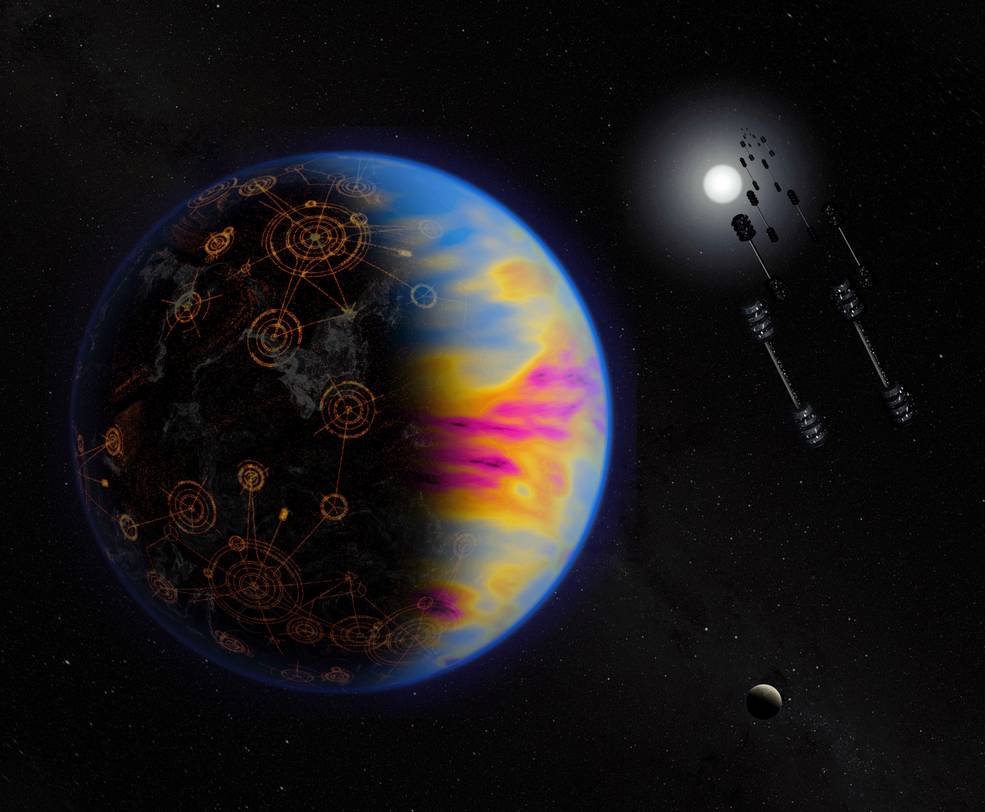Aliens could come to Earth by travelling back on our own spacecraft, scientists warn
Extra-terrestrial bacteria has a slim chance of clinging on to human craft, and that probability will only increase as time goes on

Alien organisms could reach Earth through our own crafts exploring outer space, scientists have warned.
Humanity has, over time, moved species across continents as we migrate; it is possible the same thing could happen when we explore the outer reaches of our solar system.
"The search of life beyond our world is an exciting endeavour that could yield an enormous discovery in the not-too-distant future," Anthony Ricciardi, a professor of invasion biology at McGill University in Montreal, told Live Science. His research was published in the journal BioScience.
"However, in the face of increasing space missions (including those intended to return samples to Earth), it is crucial to reduce the risks of biological contamination in both directions."
It is most likely that any invasive species met on an alien planet would be microbial and resemble bacteria on Earth. While the the likelihood of any extraterrestrial life form making the trip through space is very low due to the harsh conditions of interstellar travel, the researchers say we should remain cautious.
"Biological invasions have often been devastating for the plants and animals in these systems," Ricciardi said, pointing to ecosystems on Earth that evolved without protection against invasive species in countries like Australia.
"We argue that planets and moons potentially containing life should be treated as if they were insular systems."
Although we do not know of any evidence yet of alien infestation, humans have brought bacteria to the Moon when the Beresheet probe crashed and deposited thousands of tardigrades – the world’s most resilient life form – on its surface.
The researchers suggest that, going forward, humanity should focus on the early detection of biological contaminates and develop plans for a rapid response.
Nasa has had plans in place for biological risks from outer space since the 1960s, but the “new era of space exploration aimed at targeting areas most likely to contain life," create new challenges, Ricciardi said.
In other areas of space exploration, however, governments have been loath to change existing legislation. Currently there are massive amounts of space debris building up around our planet, but no government has taken up the task of clearing it up because current regulation is extremely out of date.
Join our commenting forum
Join thought-provoking conversations, follow other Independent readers and see their replies
Comments
Bookmark popover
Removed from bookmarks